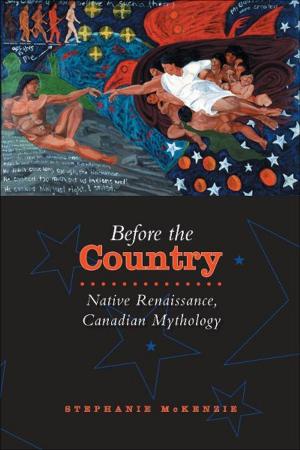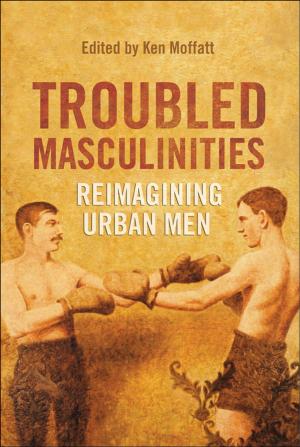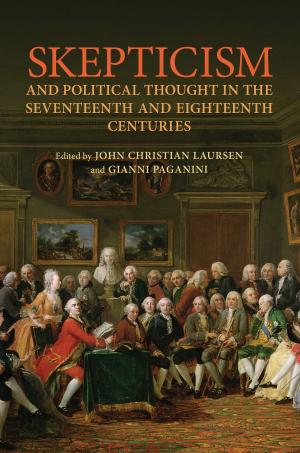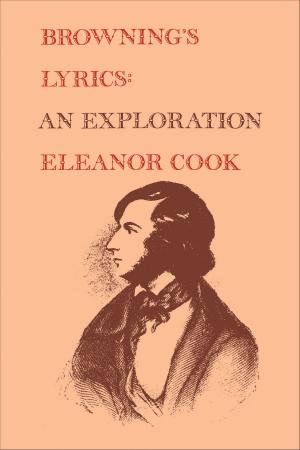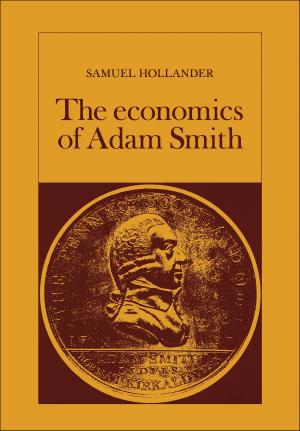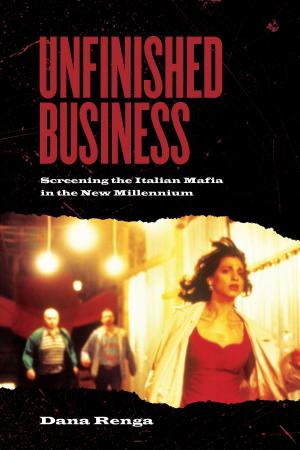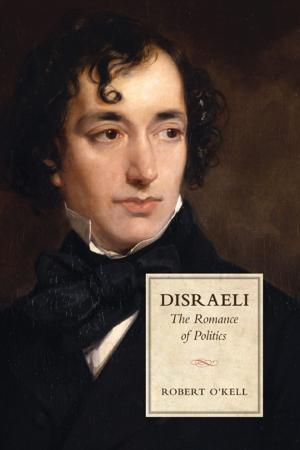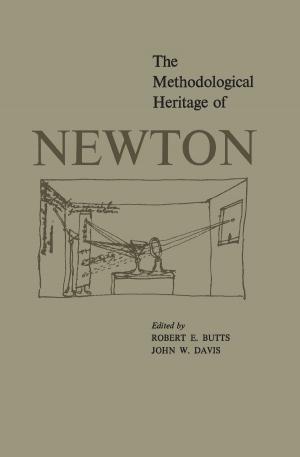Arthur of England
English Attitudes to King Arthur and the Knights of the Round Table in the Middle Ages and the Renaissance
Fiction & Literature, Literary Theory & Criticism, Medieval, Nonfiction, History| Author: | Christopher Dean | ISBN: | 9781442638143 |
| Publisher: | University of Toronto Press, Scholarly Publishing Division | Publication: | December 15, 1987 |
| Imprint: | Language: | English |
| Author: | Christopher Dean |
| ISBN: | 9781442638143 |
| Publisher: | University of Toronto Press, Scholarly Publishing Division |
| Publication: | December 15, 1987 |
| Imprint: | |
| Language: | English |
Today, popular imagination peoples the Middle Ages with damsels in distress and knights riding to their rescue. Of such knights, King Arthur and his companions are the most celebrated. It is certainly true that this is the time when the Arthurian story took shape and Arthurian literature flourished, and that most medieval historians included him in their histories of Britain, though some did so with a considerable degree of scepticism. But how widely was this literature known in its own day? How much credence did people generally place in this king who supposedly once ruled England?
To answer these questions, Christopher Dean looks at medieval and Renaissance Arthurian literature in detail, and also examines contemporary chronicles and histories, chivalric theory and practice, popular myths and legends, folk-lore and place-names. The result is to show dramatically that Arthur was not at all as well known as popular belief today fancies. As a historical figure he was early discredited; had it not been for his artificial revival by the Tudor monarchy and the furor caused by the attack upon him by the 'foreigner' Polydore Vergil, which incensed many patriotic Englishmen, his credibility might have disappeared much sooner than it did.
Except for Malory's work, medieval Arthurian literature, which often exists in no more than single manuscripts, did not have large audiences. And after 1500, only Edmund Spenser and Thomas Hughes attempted to write seriously on Arthurian themes. Among the ordinary citizens of England, Arthur was hardly known at all, any popular knowledge of him being almost entirely restricted to Wales, Devon, and Cornwall. Elsewhere in Britain the much more familiar figure was Robin Hood. For all the strength of the Arthurian legend as the ultimate medieval knight, he is essentially a modern hero.
Today, popular imagination peoples the Middle Ages with damsels in distress and knights riding to their rescue. Of such knights, King Arthur and his companions are the most celebrated. It is certainly true that this is the time when the Arthurian story took shape and Arthurian literature flourished, and that most medieval historians included him in their histories of Britain, though some did so with a considerable degree of scepticism. But how widely was this literature known in its own day? How much credence did people generally place in this king who supposedly once ruled England?
To answer these questions, Christopher Dean looks at medieval and Renaissance Arthurian literature in detail, and also examines contemporary chronicles and histories, chivalric theory and practice, popular myths and legends, folk-lore and place-names. The result is to show dramatically that Arthur was not at all as well known as popular belief today fancies. As a historical figure he was early discredited; had it not been for his artificial revival by the Tudor monarchy and the furor caused by the attack upon him by the 'foreigner' Polydore Vergil, which incensed many patriotic Englishmen, his credibility might have disappeared much sooner than it did.
Except for Malory's work, medieval Arthurian literature, which often exists in no more than single manuscripts, did not have large audiences. And after 1500, only Edmund Spenser and Thomas Hughes attempted to write seriously on Arthurian themes. Among the ordinary citizens of England, Arthur was hardly known at all, any popular knowledge of him being almost entirely restricted to Wales, Devon, and Cornwall. Elsewhere in Britain the much more familiar figure was Robin Hood. For all the strength of the Arthurian legend as the ultimate medieval knight, he is essentially a modern hero.

